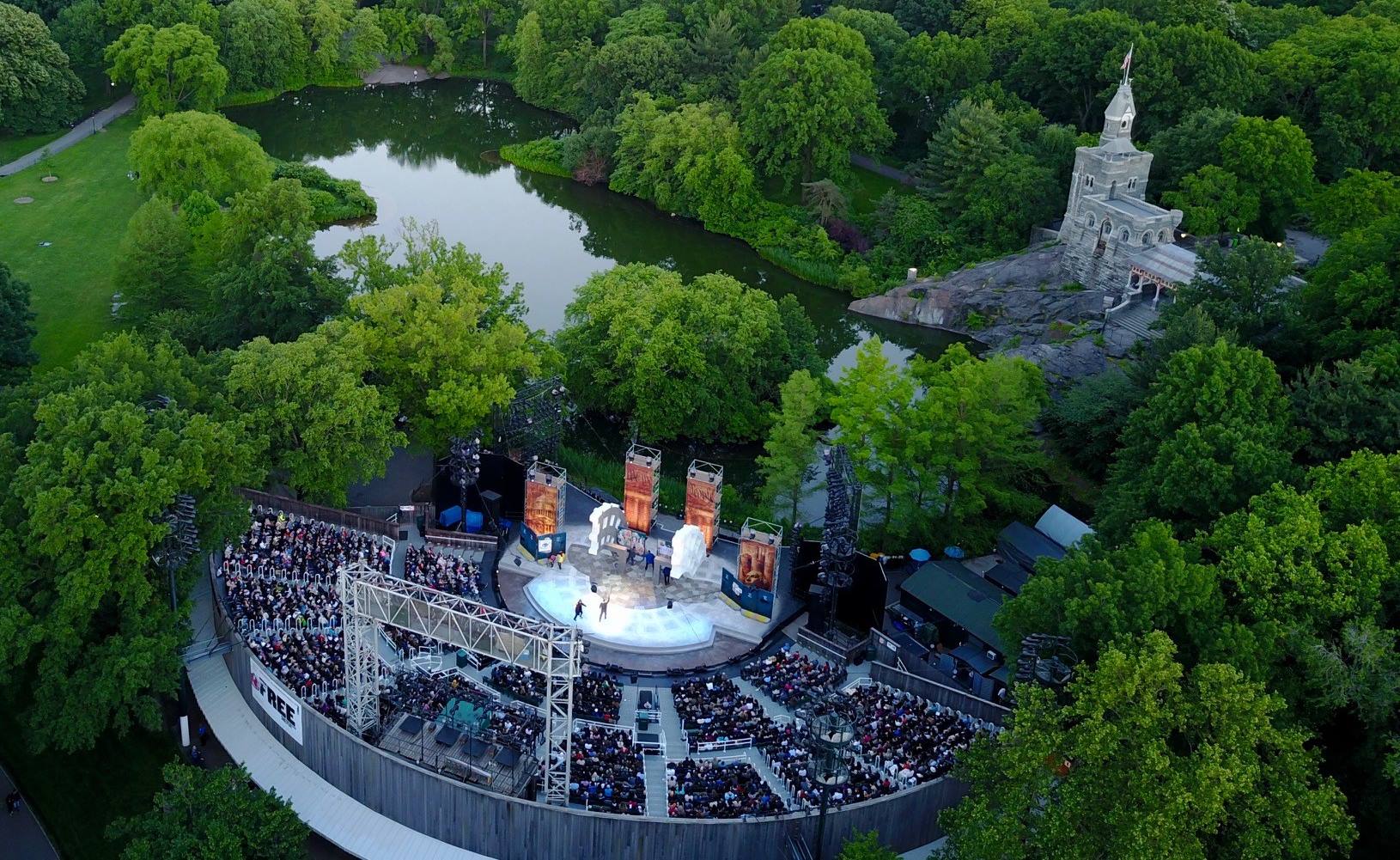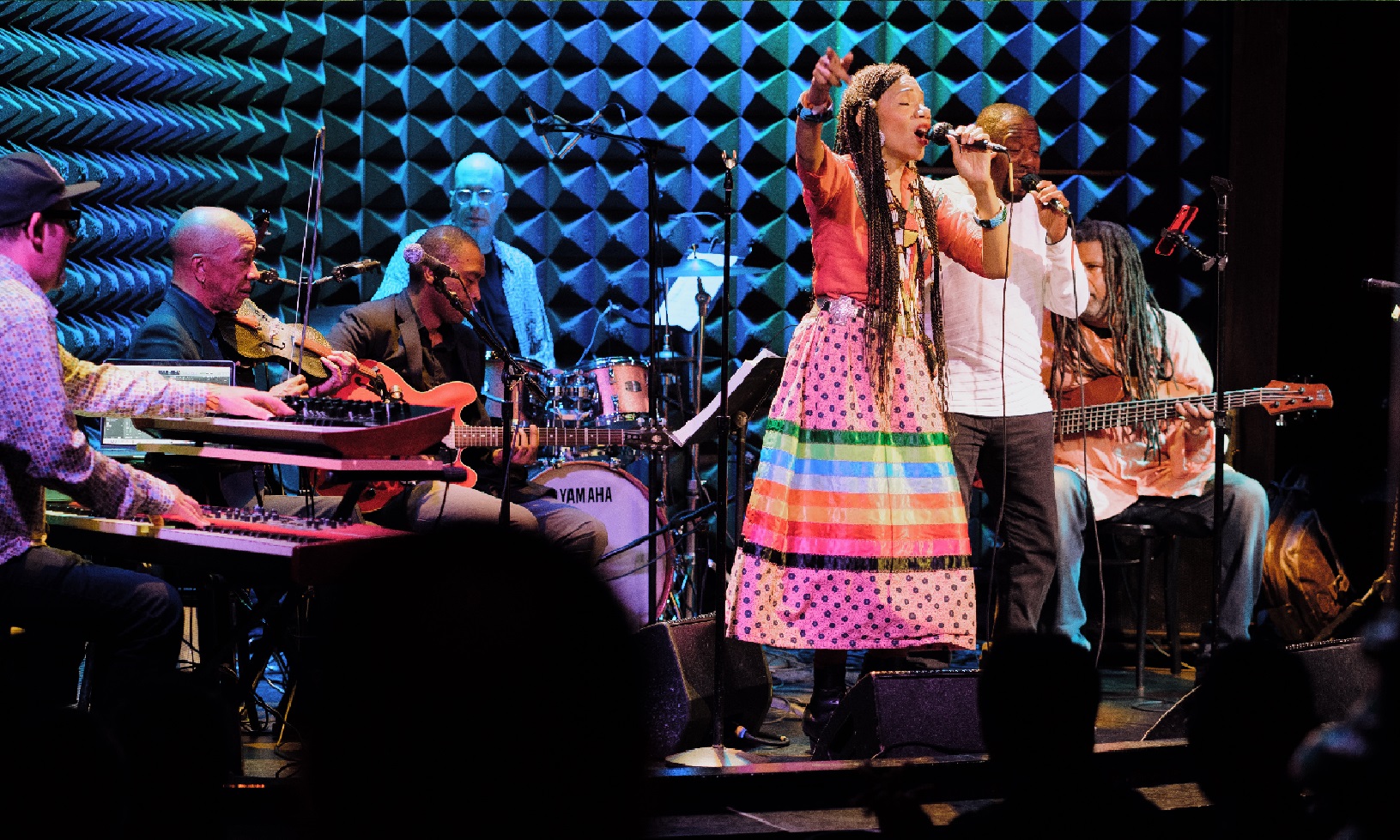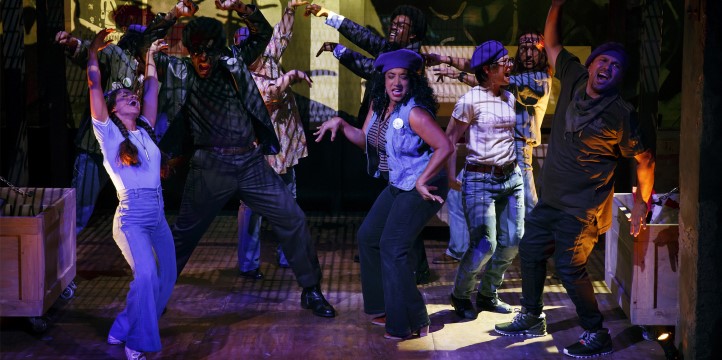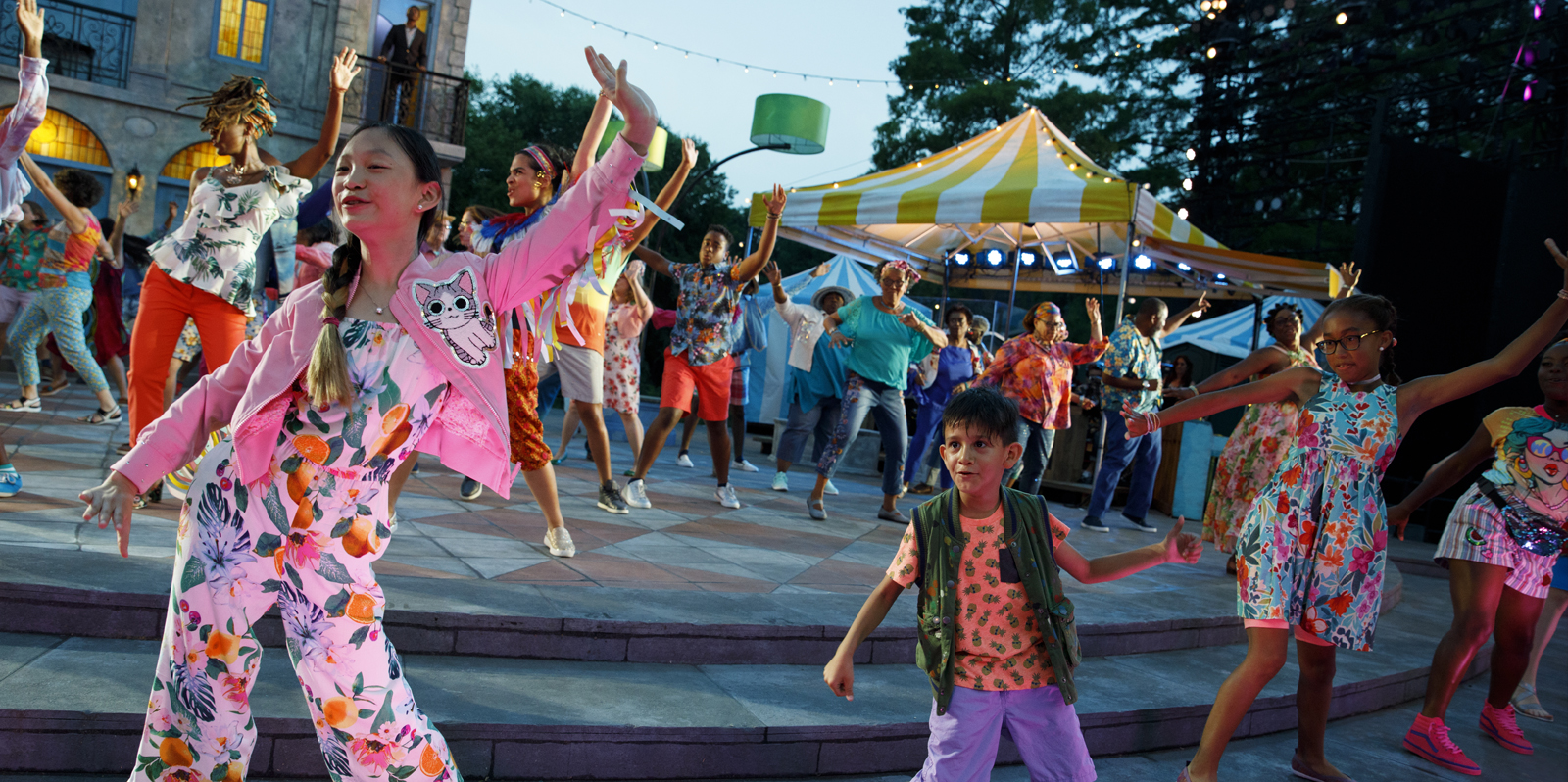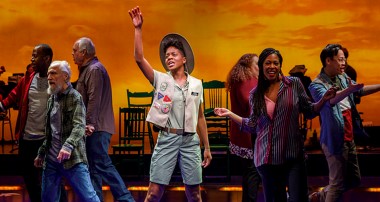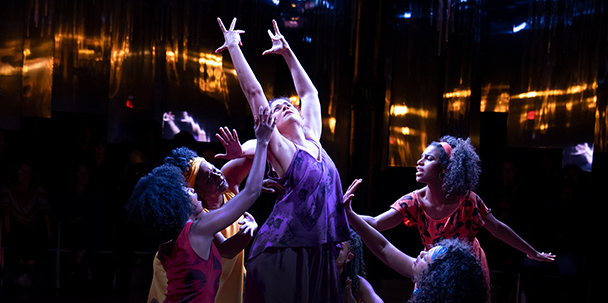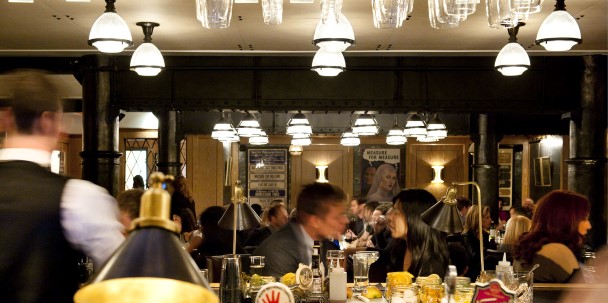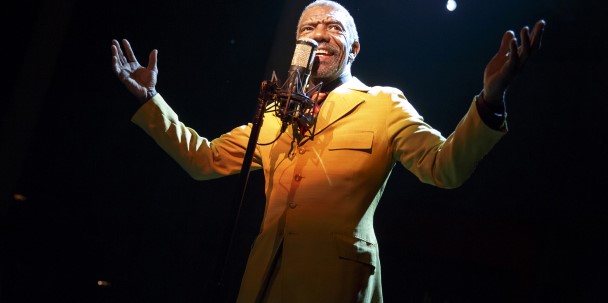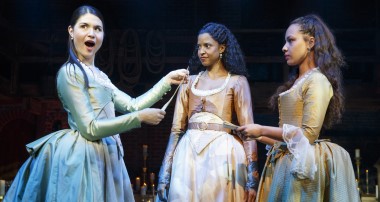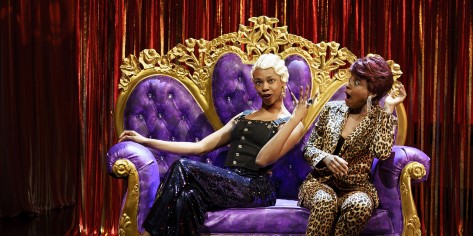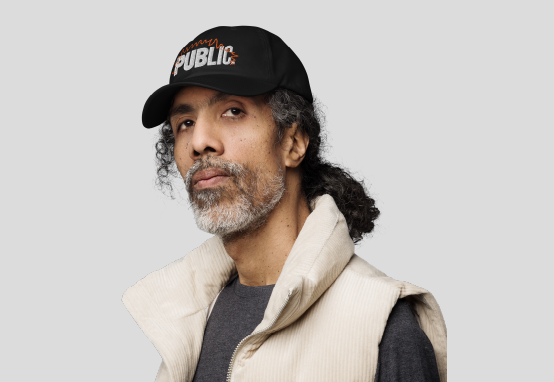Four talented cast members who portray the students in THE ALLY—Elijah Jones (Baron), Michael Khalid Karadsheh (Farid), Ben Rosenfield (Reuven), and Madeline Weinstein (Rachel)—shared their candid perspectives on their creative process, the parallels between actor and character, and the nuances between fiction and reality. We discussed the experience of playing these characters and how their own educational backgrounds mirror or differ from their characters’ journeys. What insights do the actors gain in sharing the stage, and how do theatrical moments of provocative dialogue and soul-searching translate to activism outside of the theater?
For Weinstein, bringing Rachel to life, a character with opinions similar to her own, posed an interesting challenge, as she needed to balance personal convictions with the role’s demands to deliver a genuine portrayal, without becoming a mere “mouthpiece for my character’s viewpoints.” Echoing Weinstein’s sentiments, Jones emphasized the “character’s humanity, regardless of their political affiliations.” For him, it means “connecting with the character on a human level” and focusing on unspoken passions, fears, and values, “even if they differ from my own,” he said.
Karadsheh highlights the guidance provided by Neugebauer, who reminded the actors “not to become spokespersons for our characters’ perspectives.” He spoke about the need to portray characters from a place of emotional authenticity and find the positive in them rather than solely representing their politics. In reflecting on his character’s perspective, Rosenfield stressed finding similarities and differences between himself and his character. “I made a list of how he was like me and how he was not like me,” said Rosenfield, who aims to express both sides on stage by finding nuanced portrayal beyond mere agreement or disagreement with his character’s politics. “I want to find the middle ground,” he concludes.
Weinstein brings something of her college experience to Rachel’s character. She draws on memories of youthful confidence and the importance attached to one’s actions and beliefs. But as much as she aims to capture the essence of youthfulness in her portrayal, Weinstein carefully avoids the generic enactment of youthfulness. Jones paralleled his character’s experience as a Black student in a predominantly white institution and his life experiences. He identifies with the feelings of isolation and the struggles to negotiate personal values with a community’s expectations, similarly to Baron. On the other hand, Karadsheh reflected on the challenges of navigating political discussions in a political science class during college, particularly when “one’s identity is politically charged,” drawing from his experiences as an Arab student. Similarly, Rosenfield finds inspiration in his Jewishness and memories as a frequent synagogue attendee growing up.
I asked the actors what kind of work they do to avoid stereotypes. For Weinstein, not resorting to a caricature has become central to her process. “It was hard for me not to immediately read her as a parody, even though I saw parts of myself in her,” she said, recalling Neugebauer’s direction, “We are not here to lampoon anyone.” Jones, in contrast, underscored the importance of questioning the motivations and maintaining secrecy around his character, aiming for depth and complexity in his portrayal of Baron.
Karadsheh added, “What I find fascinating is how each character echoes one another at some point in the story. Through the use of language, the way arguments are framed, and the way the characters interact with one another, it feels like a call-and-response dance. Even after exiting the stage, we never really leave the story. The relationships portrayed in the play are so authentic and genuine that it feels like we are changing ourselves and the people around us. This molecular transformation is what defines the complexity of human relationships.”
Finally, the cast shared what they hope audiences will take away after seeing the show. Rosenfield reflected on the personal growth he’s experienced by sharing the stage with folks that have diverse perspectives. “I hope audiences will leave with an expanded perspective and increased awareness of others’ suffering,” he concludes. Weinstein hopes that audiences leave with a better understanding of themselves. “Perhaps they will realize that they are not fully connected to their bodies and emotions,” she said. Karadsheh hopes audiences will acknowledge their own fears and understand how this impacts their behavior and interactions with others. Jones hopes for a renewed commitment to mutual listening and understanding in everyday life. “I had a teacher once who said that true listening requires the possibility to change, and I hope that people will be willing to listen in this way,” he said.
Whether achieving a higher spiritual state or finding peace in the physical world, Moses’ play echoes a Hasidic teaching, which is oriented towards “up,” wisdom summed up in the phrase, “descending to ascending.” This dialectic is at the center of the tension between man and soul, as well as Asaf’s sources of inspiration, aspirations, dreams, and the world he inhabits. The centuries-old teaching still rings familiar. Do you hear that sound?
THE ALLY began performances on Thursday, February 15 and will run through Sunday, March 17. Click here for more information on the show and how to get tickets.
Nassim Abu Sarari, a Palestinian theater practitioner and performance artist, is based in Toronto and is currently pursuing his graduate studies in East African Theatre at York University.
This piece was developed with the BIPOC Critics Lab, a new program founded by Jose Solís training the next generation of BIPOC journalists. Follow on Twitter: @BIPOCCriticsLab.


